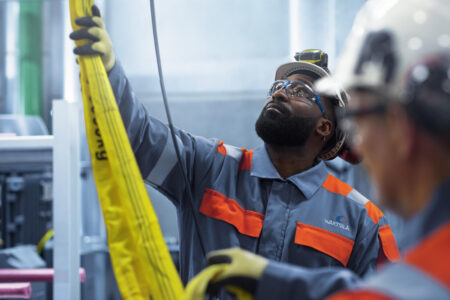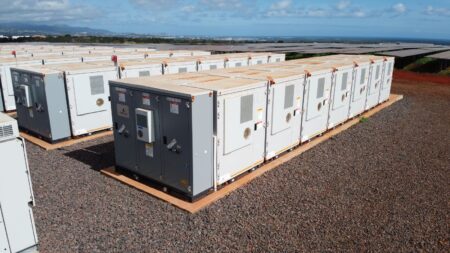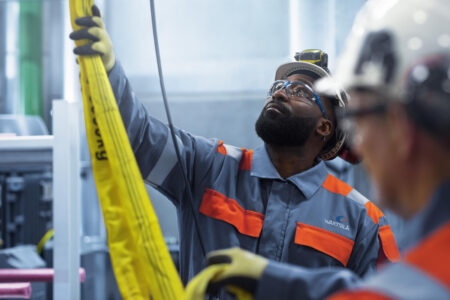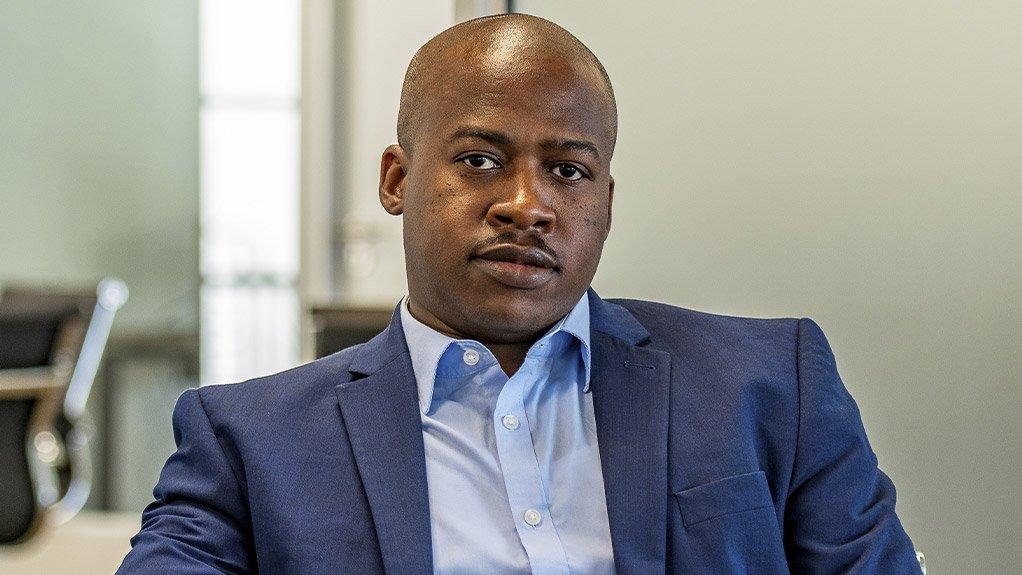- Africa’s new dawn: the rising role of digital and AI in agriculture
- Can Dangote Refinery Transform Africa Energy Ambition
- Gallup Survey: 80 per cent of Kenyan Workers Are Disengaged and Seek New Opportunities
- Madagascar Man Freed from 5KG Tumor After 15-Year Struggle
- How women in Africa are perceived and treated
- Sugar consumption in Kenya to Increase to 1.23 Million Tonnes
- Can Somalia and Turkey Oil deal Bring Change in Somaliland
- Remittances to Kenya dropped to $371.6 million in June, marking a six month low
Browsing: Wärtsilä Energy
- Existing scientific research in Africa’s renewable energy transition often overlooks certain dispatchable technologies that could enhance grid flexibility.
- Studies primarily focus on zero-carbon dispatchable technologies like concentrated solar power and geothermal, despite their limitations in efficiency, reliability, and cost.
- Balancing engine power plants, which are globally recognized for their flexibility, reliability, and cost-effectiveness, are notably absent in these analyses, despite their potential to run on clean fuels in the future.
It is no longer disputed that solar and wind power will be the foundation of Africa’s future energy systems. They are perfectly suited to the continent’s unique conditions and are already the most cost-competitive power option in almost all cases. This consensus spans academia, businesses, and policymakers who all recognize the potential of renewable energy to meet Africa’s growing needs sustainably.
They also readily acknowledge the intermittent nature of renewables, and the associated need for flexible power capacity within the …
- Chronic instability plagues the existing power grids, worsened by the pressing need to connect growing populations.
- The advent of renewable energy sources introduces new complexities, considering the intermittent nature of solar and wind power generation.
- Wärtsilä Energy says deploying battery storage and flexible engine power plants offers a pathway toward reliable grid resilience.
Across economies in Africa, a profound transition is underway. Increasingly, economies are grappling with the dual challenge of meeting burgeoning energy demand while steadily transitioning towards sustainability, a scenario amplifies the importance of economies having reliable power production.
Wärtsilä Energy, a giant power plant manufacturer and energy systems integrator in Africa, is coming forward to offer insights on how economies can easily navigate this transition. Drawing insights from the 2024 North and West Africa Energy Transition Forum in Rabat, it is evident that addressing the complexities of grid reliability and renewable energy integration requires a multipronged approach.…
- In Africa, just like elsewhere, energy-intensive businesses are under great pressure to decrease CO2 emissions.
- Wärtsilä Energy knows more about this than most: many of our mining and industrial partners in Africa operate their microgrids, either from choice or necessity.
- While wind and solar power can offer emission-free energy at lower costs than fossil fuels, their intermittent nature adds uncertainty to the system.
In African countries, particularly those with a well-developed industrial sector, a significant portion of energy production may come from the industry’s own power plants.
This is especially true in countries with low grid reliability, and industries rely on self-generated power to ensure a stable energy supply.
In this article, we offer insights into Wärtsilä Energy’s approach to supporting energy-intensive industries to optimise the use of renewable energy and reach their decarbonisation objectives.
In Africa, just like elsewhere, energy-intensive businesses are under great pressure to decrease CO2 emissions …
To meet its growing energy needs and increase electricity access across the population, Mozambique must build 1.3GW of new power capacity over the next decade.
A further 2GW would be needed to support the planned development of the Beluluane Industrial Park in Maputo province. The challenge facing policymakers today is to identify and develop an optimal energy mix at the lowest total cost to service this growing demand. A recent study carried out by Wärtsilä shows that investing in a combination of renewables and gas would save US$2 billion and 25 million tonnes of CO2 by 2032 compared to adding new coal-fired capacity.
Working in cooperation with EdM (Electricidade de Moçambique), to assist the country in developing its long-term electricity plan, Wärtsilä has examined how an optimized power system expansion would look like with the competing technologies and fuels available, under different demand increase scenarios from 2022 to 2032. With …








